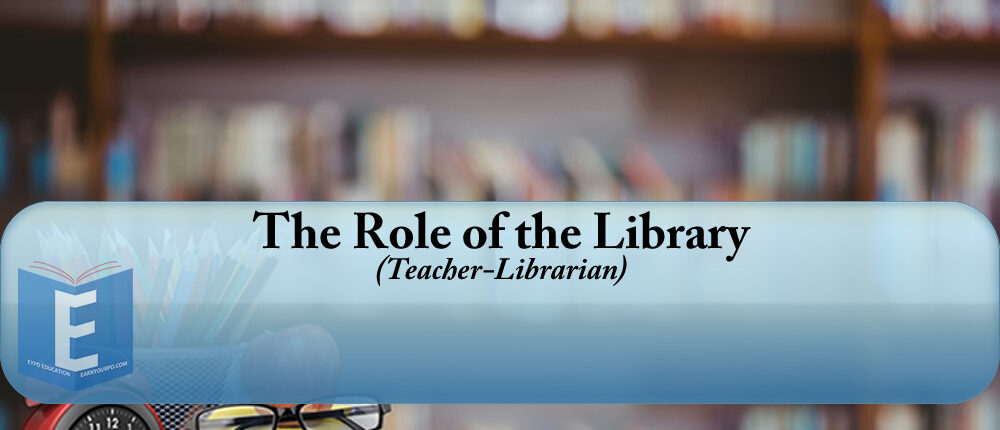This course consist of 30 hours of online assignments and activities. Educators will receive 3.0 CEUs after the completion of this course. CEUs are issued by The North Mississippi Education Consortium. We can deliver this course online or onsite**. The cost for the online delivery is $80.

